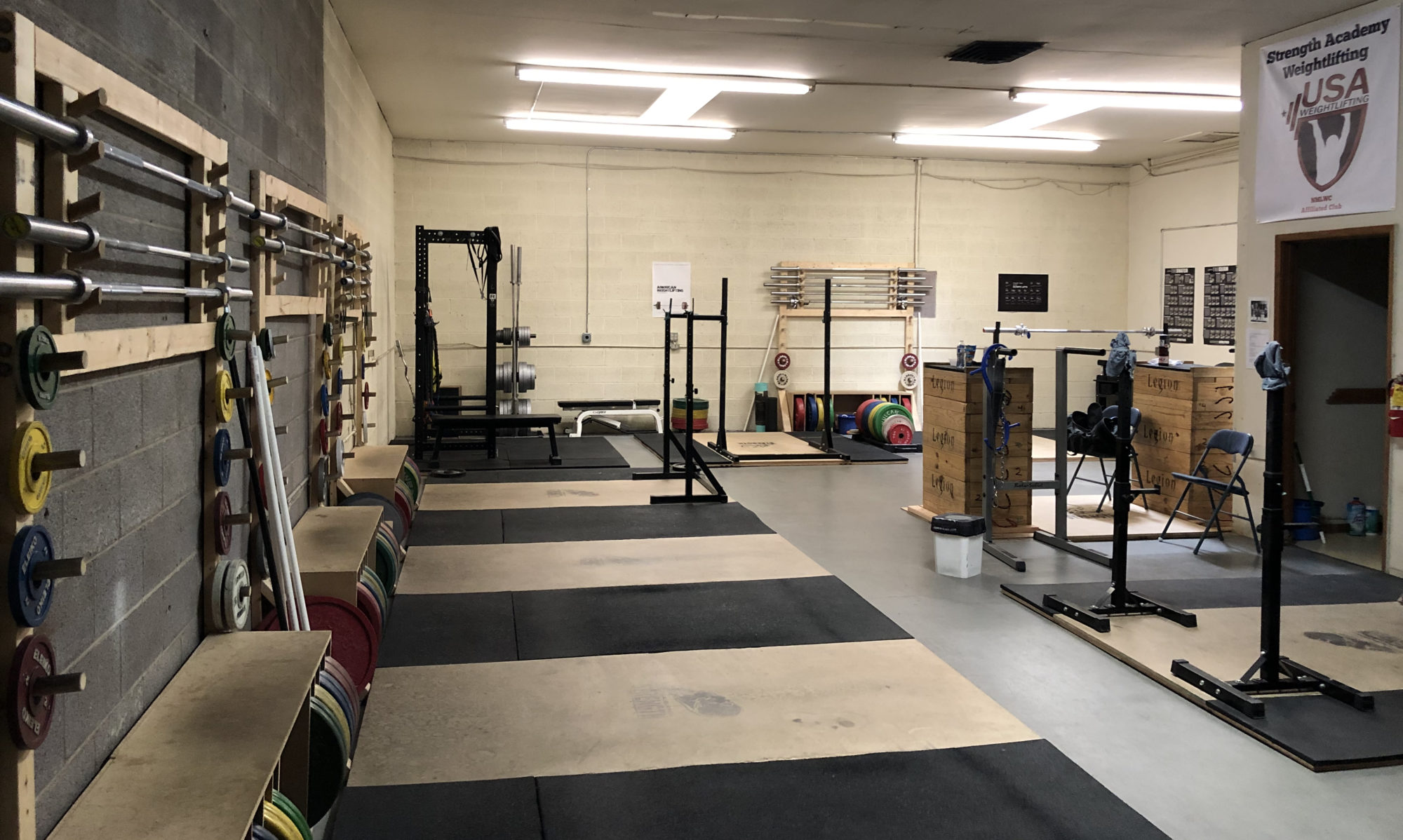Podcast Episode 13
The Importance of Routine
For a lot of people there is a certain amount of disdain for the routines of a well ordered life. They worry about feeling caught in a rut, or are bored when faced with doing the same things again and again, but they are missing some of the bigger picture. Do you have to be an automaton and forgo any plan that doesn’t directly fit into your routine? No. However, if you want to really get the most out of your training there is a certain amount of discipline involved. You don’t need to go crazy with your planning but there are some things that you should hold as non-negotiable parts of your daily plan, your routine. The routine can take many shapes, and is not one size fits all. Some may need far more structure, others may need more of an outline to get things moving into the right direction. Either way, here are some things you should take into account when planning your routine.
Where to begin
The first thing I would look at when planning your routine is what time of day and days of the week you will be training. I think that it is important for you to choose a set schedule for your training days, and keep that schedule as constant as you can week to week. For instance if you train Monday-Thursday and Saturday, try to keep that Friday and Sunday as your rest days for the remainder of the cycle. It’s not the end of the world if you need to change things up, but your body will settle into the habit the more consistently you stick to a schedule and getting outside of that groove can feel a little odd. Personally I feel a bit off trying to train on a Sunday for instance. Time of day is also an important factor, generally speaking people tend to lift better in the late afternoon or evening, so this is when I would advise you to set up your training. The other important factor in time of day is the availability of your coach. If the coached practice is from 4pm-8pm, if you have any interest in getting feedback on what you are doing it would behoove you to train when coaching is available. And now you have a training schedule, from here we can move onto structuring things around it.
Do you even job
Clearly, the second most important thing is going to be whatever it is that pays the bills while you do all of this weightlifting. Your job will and does impact your training, and that must be taken into account. If you work a swing shift, or spend most if not the whole day in a seated position, we have to take that into account when building up your routine. If you are working long hours and missing out on sleep it may be best for you to follow a three day per week program, to ensure that you are actually recovering from the training you are doing. If you spend all your time at work sitting or driving (me) you are going to need to budget some more time for warmup and mobility to make sure that you are actually getting into the proper positions when you are making your way through that days session. Everyone need not put their lifting at the absolute front of the priority list, but for those who wish to lift at the highest level there will come a time when it will be optimal to pick a job that works around your lifting schedule. If your job is robbing you of sleep, or is wearing down your body, you have to make the hard choice and make lifting the first priority.
Other things
Now that we know when we are training and working we can now piece together the rest of the daily routine. First and foremost, it is important to schedule your sleep in order to perform optimally in the gym and ya know, just not feel like garbage all the time. For strength athletes it is recommended that they sleep for eight to ten hours per night and never drop below seven, for optimal recovery. This means you have to go to bed, and early. Dial back the Netflix and catch up with your shows on the weekend, sleeping should be a priority. You’ll notice that with that nine hours of sleep, eight of work and two of training we have already eaten up much of the day. This is why it is important to prepare the majority of your meals ahead of time, make sure to have a meal before and after training, and that you are not leaving performance on the sidelines by under eating calories or protein. I may be biased, as I am woefully inflexible, but I believe it is important to do 20-30 minutes of flexibility work every day. I choose to do this before bed, but it can just as easily be performed directly following training. Stretching relaxes you, can help reduce injury risk, and is important if you would like to stay ambulatory as you age.
Conclusion
I can see why people hate the routine, it can seem daunting and most of all boring. Nobody wants to be boring, but nobody wants to be weak either. The hours you spend in the gym are important, that is where you hone your skills in the lifts, and generate enough fatigue to induce an adaptation within the body. However, if the only thing you have down is making into the gym, and are not making sure that you have the rest of your schedule set up in a way to facilitate the recovery from your workouts you are shooting yourself in the foot. You do not have to lock yourself up, blow off all your friends and family, and become a meal prepping hermit. But if you want the most out of your training you may want to start turning down Wednesday night happy hour, and get to bed early. You may want to save some minutes by cooking ahead of time rather than making dinner every night, so you can have some time to stretch before bed. Make a schedule or an outline and try to stick with it, the more consistent this plan the more consistent your training will be. Weightlifting is hard, there is no need to make it harder by failing to plan.

